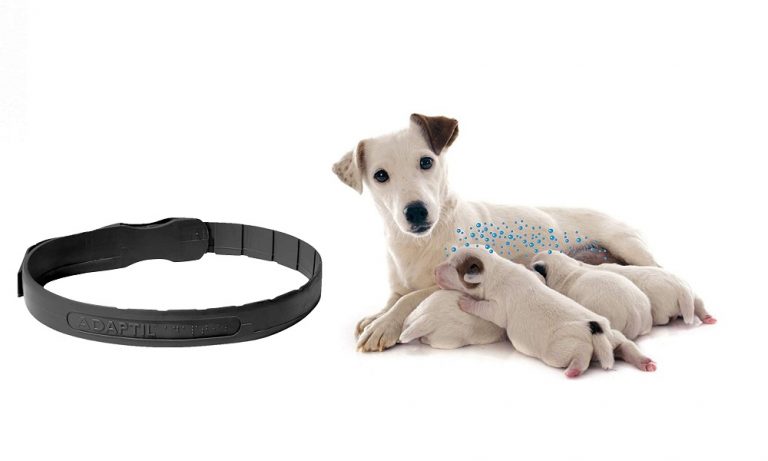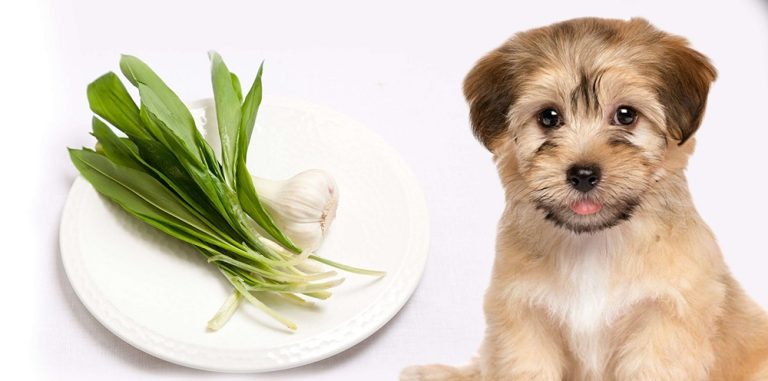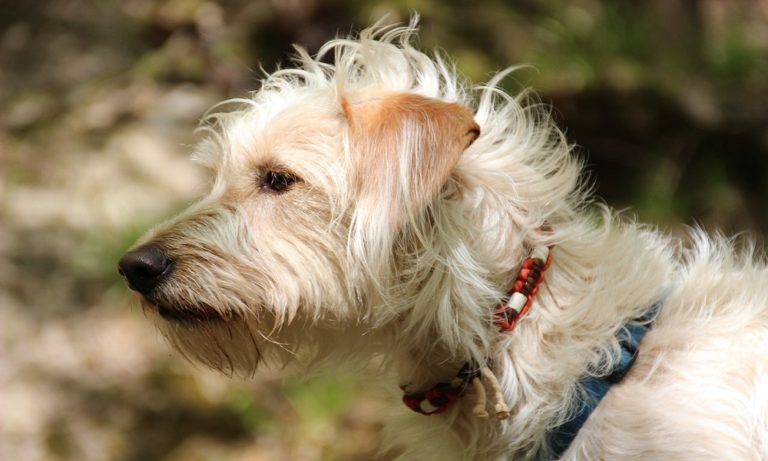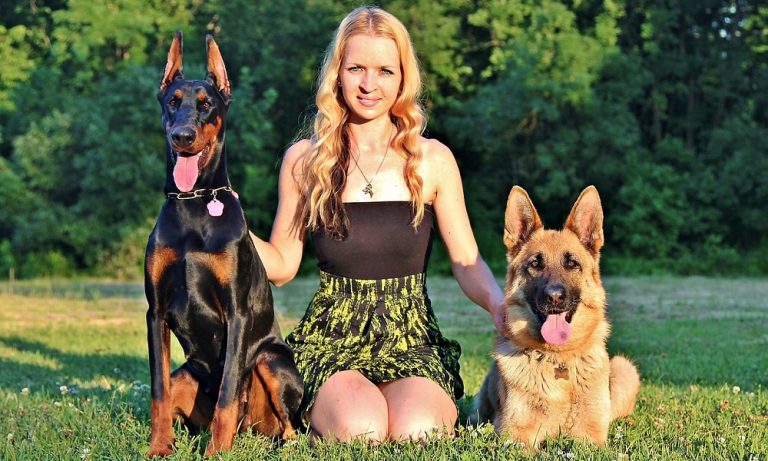Can Dogs Eat Cooked Chicken Wings?
Yes, dogs can eat cooked chicken wings. Chicken is an excellent source of protein for canine diets and when fed in moderation can provide important nutrients such as selenium and niacin. When feeding your dog cooked chicken wings it is best to remove any bones as these can easily be a choking hazard or splinter in their digestive tract causing injury.
Additionally, the skin should be removed from the wing since fat content found in this area can lead to pancreatitis if consumed frequently. It may also be wise to avoid adding any seasonings or sauces which may contain ingredients that are not safe for your pet’s diet such as garlic and onions.
Lastly, serve cooked chicken wings to your dog at room temperature or slightly warmed up never hot off the stove top.
Can I Give My Dog Cooked Chicken Wing Bones?
No, you should never give your dog cooked chicken wing bones. Cooked chicken bones can splinter and cause damage to the digestive tract of your pet. The heat from cooking softens the bone, which makes it much more likely to break into sharp shards that can puncture or block the intestines.
Raw or uncooked bones are generally considered safe for dogs since they don’t usually splinter when chewed on by a pet; however, raw poultry carries a risk of food-borne illness, so be sure to thoroughly cook any meat before giving it to your pet.
As an alternative, there are many other types of treats available specifically designed for dogs that provide essential nutrients without posing a health hazard.
What If My Dog Ate a Cooked Chicken Wing?
If your dog has eaten a cooked chicken wing, you should monitor them for any signs of discomfort or distress. While a small amount of cooked chicken is generally safe for dogs to consume, chicken wings can pose some potential risks:
-
Bones: Chicken wings contain small bones that can splinter and pose a choking hazard or cause intestinal blockages in dogs. If your dog has consumed a chicken wing whole or bitten off and swallowed large pieces of bone, it’s important to be vigilant for signs of choking, difficulty swallowing, vomiting, or changes in behavior.
-
Fat and Seasonings: The skin and seasoning on cooked chicken wings may be high in fat, spices, or other ingredients that can upset your dog’s stomach. This can lead to symptoms such as diarrhea or vomiting.
If your dog has only ingested a small amount of a cooked chicken wing, they may not experience any adverse effects. However, if you are concerned about the bone content or if your dog has consumed a substantial portion of the wing, consider taking the following steps:
-
Monitor Your Dog: Keep a close eye on your dog for any signs of distress, choking, or discomfort. If you notice any unusual behavior or symptoms, contact your veterinarian immediately.
-
Do Not Induce Vomiting: Do not try to induce vomiting in your dog without consulting a veterinarian first. Inducing vomiting may not be safe in all situations and could potentially worsen the problem.
-
Contact Your Veterinarian: If you have any concerns or if your dog exhibits symptoms such as choking, difficulty breathing, severe vomiting, abdominal pain, or lethargy, contact your veterinarian or an emergency animal hospital immediately. They can provide guidance on whether further evaluation or treatment is necessary.
To prevent such incidents in the future, be cautious about leaving cooked chicken wings or other bones within your dog’s reach, and consider providing safe dog-friendly treats or chews instead. Always prioritize your dog’s safety and well-being, and consult your veterinarian for specific guidance if you have any concerns about their diet or health.
Is It Safe to Give Dogs Chicken Wings?
When it comes to feeding your pup, safety should always come first. Chicken wings can be a tasty treat for dogs, but is it safe to give them chicken wings? The answer depends largely on how the chicken wings are prepared and served.
If you’re giving your dog raw or undercooked chicken wings, this could pose a risk of food poisoning or salmonella infections. It’s also important to make sure that no bones from the wing have been left behind as these can cause serious injury if swallowed by Fido. On the other hand, cooked chicken wings with all bones removed can provide a healthy and nutritious meal for your canine companion in moderation.
They are high in protein and contain essential vitamins like niacin and riboflavin which help keep their coat shiny and skin healthy. When feeding chickens to dogs however, you must ensure that they do not contain any added sauces or seasonings as these may be harmful when ingested by animals such as garlic powder or onion salt which are toxic for dogs.
Ultimately, the best way to feed your pooch delicious dishes such as chicken wings is with caution – only serve fully cooked foods without added seasoning and always check there aren’t any small pieces of bone before letting Fido enjoy his meal!
How to Prepare Raw Chicken Wings for Dogs?
When preparing raw chicken wings for your dog, it’s important to ensure that the wings are washed and cleaned properly. Start by rinsing the wings in cold water to remove any dirt or debris, then pat them dry with paper towels.
Next, carefully trim away any excess fat or gristle from the wings before cutting them into smaller pieces if necessary. Finally, cook the chicken wings on a stovetop over medium-high heat until they are cooked through and no longer pink inside – about 10 minutes per side should do the trick!
Can Dogs Eat Frozen Chicken Wings?
Dogs can eat frozen chicken wings, but it is important to remember that they should be cooked prior to feeding them to your pup. Raw poultry can contain bacteria such as salmonella and E. coli which could make your dog ill. Make sure the wings are fully cooked before offering them as a treat or meal for your pet!
Conclusion
In conclusion, it is safe to say that cooked chicken wings are generally safe for dogs to eat in moderation. However, the type of seasoning used and other ingredients should be closely monitored as some may not be suitable for them. Furthermore, owners should always check with their veterinarian before introducing any new food into their pet’s diet to ensure optimal health and safety.




